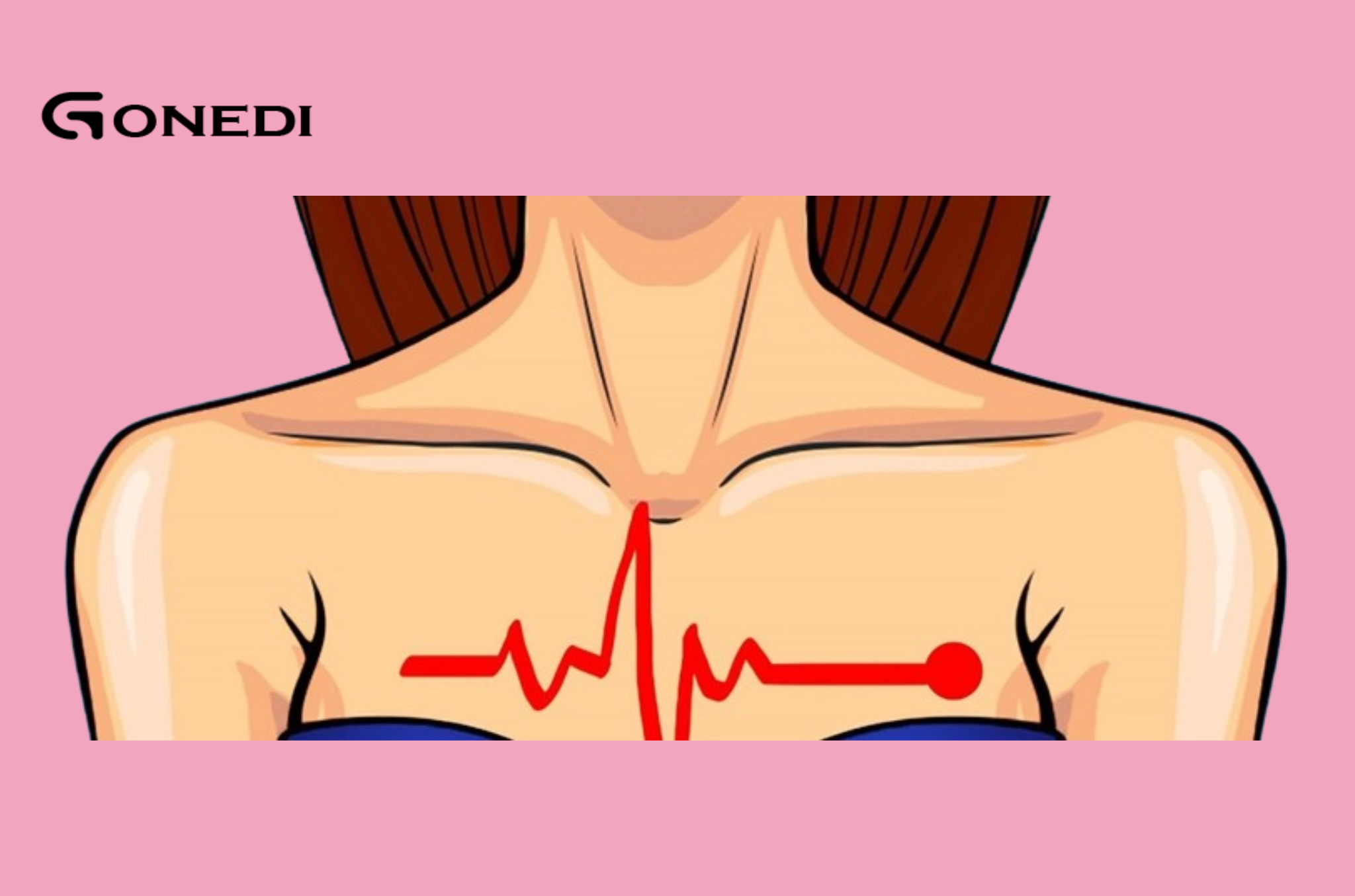A Month Before You Have a Heart Attack, Your Body Will Warn You – Here Are 6 Signs
A heart attack is often a sudden, life-threatening event, but what if we told you that your body may be giving you early warnings in the month leading up to it? Knowing the signs that precede a heart attack can make a big difference in how quickly you seek medical attention and prevent major health complications. In this article, we’ll explore six common signs that may appear weeks before a heart attack.
- Chest pain or discomfort
While chest pain is the most common symptom during a heart attack, many people experience mild discomfort or chest pain weeks beforehand. This sensation can feel like pressure, tightness, or pain in the chest, and it may come and go. It’s often triggered by physical activity or emotional stress. If you’re experiencing chest discomfort, it’s important to see a healthcare professional. - Shortness of breath
Feeling unusually short of breath or having trouble breathing after minimal exertion can be a sign that something is wrong with your heart. This could be due to decreased blood flow, and your heart is working harder to pump oxygenated blood throughout your body. If these symptoms persist, seek medical advice. - Extreme fatigue or exhaustion
Unexplained fatigue or feeling unusually tired for days or weeks can be a warning sign of heart problems. When your heart isn’t working optimally, it can cause your body to feel fatigued, even after normal activities. It’s important to pay attention if you feel fatigued all the time for no apparent reason. - Dizziness or lightheadedness
Feeling dizzy or lightheaded is often a sign of insufficient blood flow to your brain. If this feeling occurs frequently or lasts for a long time, it could indicate a heart problem. Don’t ignore these symptoms if they’re new or recurring. - Upper body pain
Heart-related pain doesn’t always occur in your chest. It can spread to your shoulders, arms, neck, back, or jaw. Some people experience mild discomfort in these areas in the weeks leading up to a heart attack. Pay attention to any unusual or persistent pain in these areas, especially if it’s accompanied by other symptoms. - Swelling in your legs or feet
Fluid retention, especially in your legs and feet, can be a sign that your heart isn’t pumping blood efficiently. If you notice swelling in your lower extremities, it could be a sign of heart failure, which can lead to a heart attack if left untreated.
Conclusion
Heart attacks don’t always happen without warning. Recognizing these early signs and seeking medical advice can make a crucial difference in preventing a severe heart attack. If you experience any of these symptoms, it’s important to talk to your healthcare provider as soon as possible. Early intervention can save lives and help manage underlying conditions that could lead to a heart attack.


